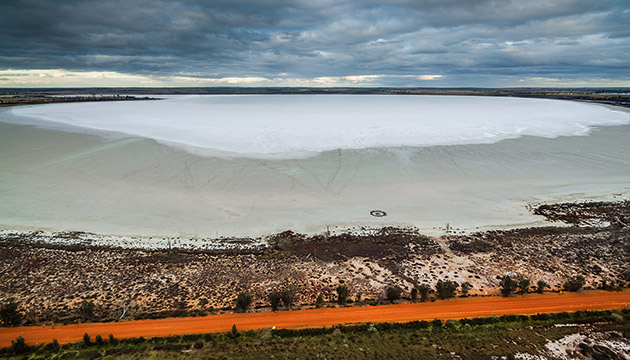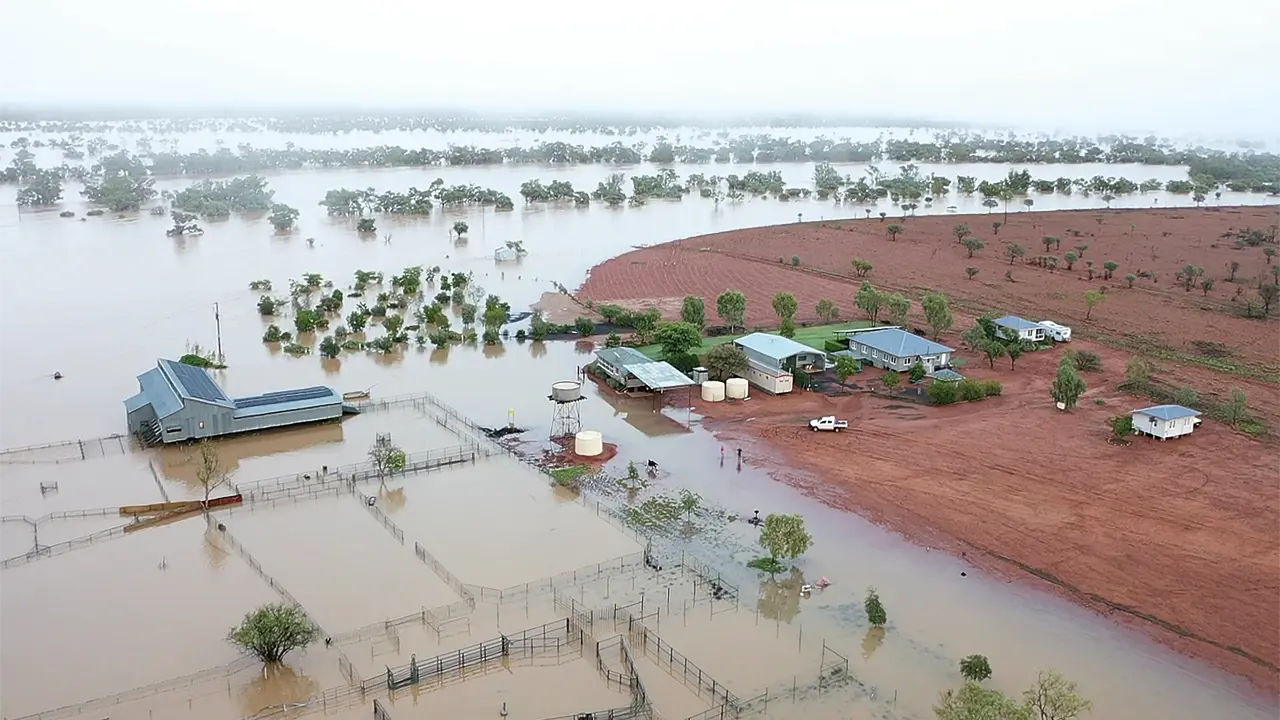A bush horse race has been the catalyst for the revival of this town in the heart of Western Australia’s Wheatbelt.
Story by Doug Green, photo by Ashley Pearce
For 22 years the quirky Kulin Bush Races have drawn thousands to the town for a smorgasbord of bush-style entertainment and country hospitality. Held annually on the first weekend in October, the races have developed a reputation as one of the Wheatbelt’s most popular events. Action includes not only an exciting seven-race card, but also foot races, hobbyhorse racing, dog racing and the popular Kulin sheep race. Afterwards, revellers head to two-up, dancing and fireworks. Since 1995, these races have pumped life back into Kulin, raising more than $1 million for key community facilities and projects. Hundreds of local volunteers run this event that brings the community together.
Like most small rural communities, Kulin has faced its ups and downs since the railway line first forged through the fertile Wheatbelt in 1915. The 1990s were a particularly tough period, recalls Kulin Shire president Barry West, with many farmers struggling after several poor seasons and residents leaving in search of jobs. In 1994 townspeople decided to take the bull by the horns and established the Cultivating Kulin Committee. The committee called a town hall meeting in an attempt to rally support. “The community all turned up,” Barry says. “We asked ourselves are we going to die or are we going to go down swinging? We decided we’re going to have a crack at surviving.”
The idea of holding a bush race meeting gained support and a picturesque spot on Serge and Mary Lucchesi’s farm, overlooking the spectacular Jilakin Lake, was chosen as the site of the first Kulin Bush Races in 1995.
According to Kulin Bush Races committee chairman Graeme Robertson, three local farmers each put in $500 to kick the event off, with backing from the local council. A racetrack was graded and facilities built in preparation for the first race meeting. The committee borrowed a few tents from Western Australia’s iconic Swan Brewery, putting a keg under one of them and calling it a bar. The event drew 1200 people to watch horses race around a dusty track, share a few beers and celebrate life in the bush. “We thought we were a big deal,” Graeme says. “It was fun times.”
In 1999 Camp Hart was founded in conjunction with the races, as a place where Defence Force veterans and their friends and family could find solitude and/or friendship. It’s named after soldier Peter Hart, who died in Vietnam in 1967 when his parents were postmaster and postmistress of Kulin. Peter’s memorial is north of the racetrack at Jilakin.
Today, up to 4000 visitors and locals attend the event, many of them camping at the races and then spending time exploring the town and region, including the Tin Horse Highway, with its dozens of quirky creations dotted along the roadside. Kulin has also become an alternative stopover for visitors heading to well-known Wave Rock.
The races have played a vital part in stimulating the local economy, pumping money back into the community year after year. Thanks to funds raised, the town now boasts facilities that would be the envy of many rural towns, including a state-of-the-art water slide and aquatic centre, kids’ club, new childcare centre and a range of modern sporting facilities. “The races have taken the pressure off the shire,” Barry says. “They donate anywhere between $40,000 and $80,000 per year. We have new ambulances, sporting facilities, bowling greens – 19 projects have been completed from 1995 until now. We’re financially secure.”
Barry says the races have also helped neighbouring towns and other regional projects. Over the years, the races have pumped money into the Royal Flying Doctor Service and programs in other Wheatbelt towns.
While the financial benefits are clear, the Kulin Bush Races also have an important social role. Today, more than 150 volunteers help run the races. Many members of the original committee have now taken a step back and handed over the reins to Kulin’s next generation. “A lot of our kids were six or seven years old when we started, and were involved then,” Graeme says. “Now the next generation is running things and they’re doing an excellent job. They’ve learnt that you go out there and work for your community; there is value in it.”
Barry says the races have provided a foundation that is helping to strengthen and drive a culture of support and an undeniable enthusiasm for the future. “We’ll have a busy bee for the school and have 20 guys turn up with trucks and loaders,” Barry says. “Everyone can see what influence that has – it makes us better people. That’s worth a lot as a community. There wouldn’t be too many towns in Australia as strong as Kulin.”
“Now we have this real can-do attitude,” Graeme says. “Whatever we take on, we can achieve.”
This story excerpt is from Issue #111
Outback Magazine: Feb/March 2017










